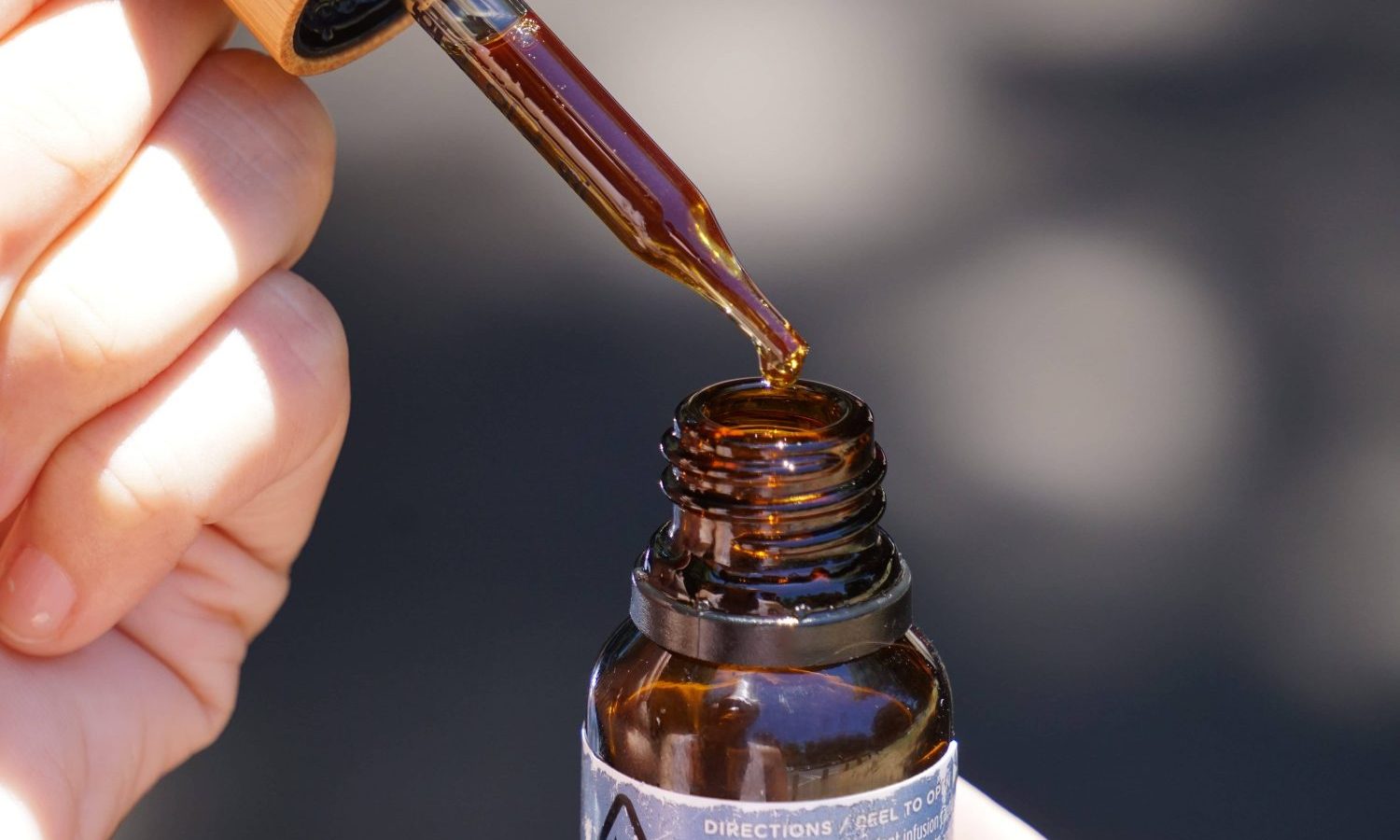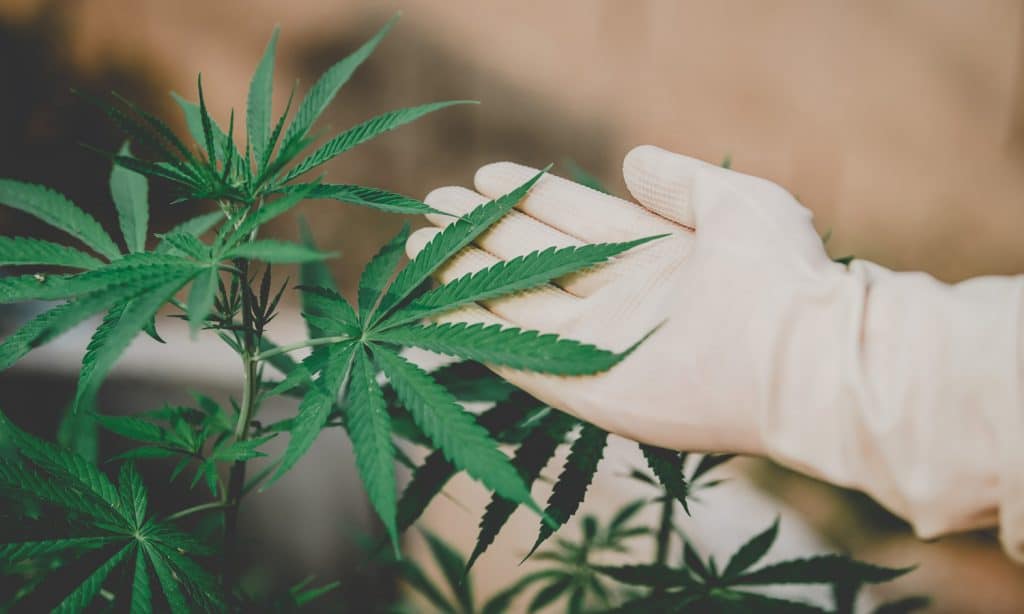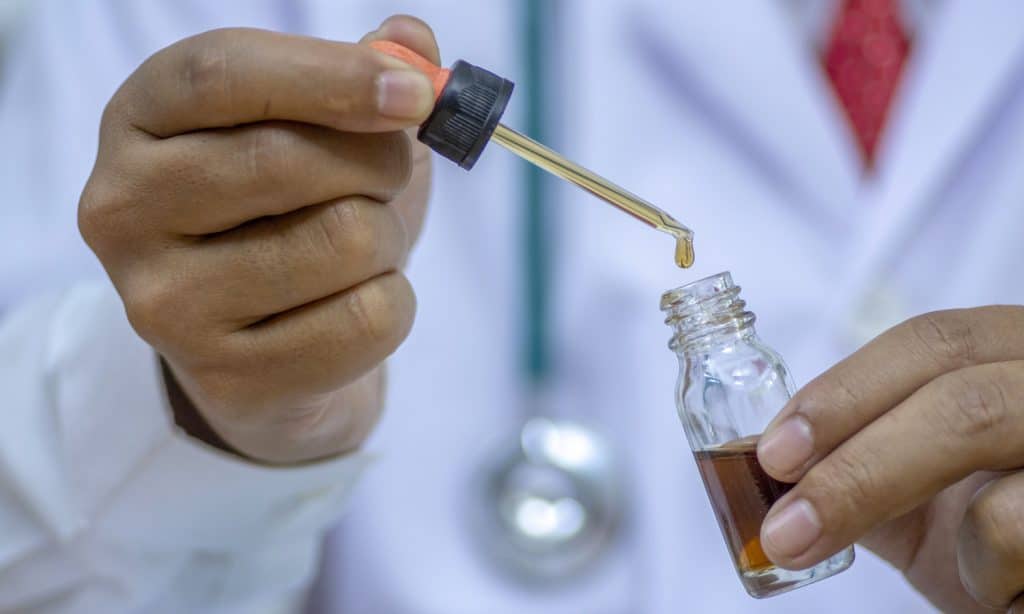
FDA Rejects CBD As A Dietary Supplement – Are They Right Or Wrong?
The FDA has chosen to maintain the standard of accepted nutritional supplements by excluding the possibility that cannabidiol compounds can be used as active ingredients or supplements in foods and beverages.
The farm bill
The Farm Bill legalizes the cultivation of hemp plants in the United States. CBD is obtained from hemp. This law, passed in December 2018, was an effort by the previous government to improve agriculture in the country. While the legislation allows the cultivation of hemp, it also prohibits the sale of hemp products without FDA approval.
All brands marketed and regulated as drugs are prohibited from being sold or labeled as foods, beverages, or dietary supplements unless the FDA clears it.
Photo by jirkaejc / Getty Images
The position of the FDA
The Food and Drug Administration (FDA) has spoken out against the inclusion of cannabidiol compounds in food production for many years, even before the Farm Bill was approved.
That position was reiterated in July when the agency vetoed two food ingredients that tested positive for CBD compounds. The FDA was notified that the New Dietary Ingredients (NDI) contained full-spectrum hemp extracts that also contained cannabidiol.
The FDA linked the cannabidiol in these products to the active ingredient used in an approved prescription drug called Epidiolex. This drug has been approved by the FDA for the treatment of seizures in patients with Lennox-Gastaut syndrome. It can also be used to treat patients diagnosed with Dravet syndrome. The FDA argues that CBD, with its Epidiolex drug, was previously studied and marketed by GW Pharmaceuticals and therefore can no longer be accepted as a dietary supplement.
The FDA also claims that the manufacturers of these products have not demonstrated that the CBD extracts do not meet the conditions of use, which state that products are reasonably expected to be safe.
The companies marketing these dietary supplements were then contacted and advised that their products would not enter the mainstream market because these ingredients did not meet the definition of dietary supplements provided by the Food and Drug Administration.
The companies involved were Charlotte’s Web, Product ID; NDI 1199 and Irwin Naturals with product ID; NDI 1202. The agency wrote that both companies did not provide enough evidence to address their significant consumer safety concerns.
Photo by Cavan Images / Getty Images
In the letter, the agency mentioned that the data provided by Irwin Naturals has nothing to do with their product. Instead, the information referred to phytocannabinoid mixtures.
The FDA wrote that Charlotte’s Web failed to provide substantive evidence to show that NDI 1202 did not cause adverse effects in consumers.
Two years ago, Commissioner Scott Gottlieb, the then head of the agency, stated that cannabis or a product derived from cannabis can only be marketed as a dietary supplement or in a dietary supplement if it is approved by the FDA. He stated that it is a criminal offense for manufacturers to include CBD in foods or dietary supplements without appropriate regulations. The FDA must first regulate the product through its notice-and-comment regulatory process. The company must provide the agency with evidence of benefits sufficient to validate the current CBD conclusions.
RELATED: Reefer Madness Crowd Discovers CBD With Predictable Results
A few months ago, the FDA showed interest in creating a regulatory path for cannabis and cannabis-related products. Nothing substantial was said or done about it. Recent events suggest that the FDA won’t switch sides anytime soon, unless the legislation is changed by Congress.
CRN extremely disappointed with FDA decision
As expected, the news did not go down well with those affected. The Council For Responsible Nutrition (CRN) is an organization recognized as the “Official Trade Association for the Dietary Supplement and Functional Food Industry in the Country”. The headquarters of this council is in Washington.
RELATED: The FDA Continues to Track CBD Companies
On August 11th, the council replied that the FDA was guilty of mislabeling the rejected products. The association’s president and CEO stated that the FDA had failed to consider the evidence presented explaining how the products could be used safely.
According to Steve Mister, CEO and President of CRN, the FDA has rejected and downplayed information that could have advanced the products. The administration has not established that full-spectrum hemp products can also be used and marketed in a way that is most suitable for human consumption.
Photo by athima tongloom / Getty Images
Mister also added that the agency still hasn’t done anything material to ensure that the majority of consumers are against the unregulated market’s products. He added that due to the inaction of the Food and Drug Administration for the past two years, the market has become unregulated.
Could the FDA’s judgment be flawed?
Mr claims that the FDA has mistakenly equated the ingredient extracts with Epidiolex.
From the laboratory tests done with Epidiolex and the full spectrum extracts, it was found that the former contains about 10 times more cannabinoids than the latter.
The FDA’s findings were incorrect; Epidiolex is a more potent substance because it contains highly concentrated CBD isolates.
RELATED: The FDA’s Latest Report Shows How Badly CBD Has Been Treated
Pointing out the FDA’s skewed reasoning, Charlotte’s Web CEO Deanie Elser added that the agency’s decision further proves that Congress must take immediate steps to provide regulatory clarity on the use of CBD in dietary supplements.
The bill on consumer protection and market stabilization of hemp and hemp from CBD was introduced in early May to regulate hemp-CBD as a dietary supplement. Another proposed measure is the Hemp Access and Consumer Safety Act. Both bills are still circulating among senators and MPs. According to reports, Senate Majority Leader Chuck Schumer is currently drafting another bill.
Bottom line
The FDA’s refusal to change its position on this issue has become frustrating for the parties concerned.
In order for the agency to stop issuing these NDI letters of objection, Congress must swiftly pass a law that would legalize the use of a certain amount of CBD in dietary supplements.
As Charlotte’s Web wrote, the legislation would not only limit the power of the FDA and set guidelines for manufacturers, but ultimately also ensure customer safety.
This article originally appeared on Cannabis.net and was republished with permission.



Post a comment: